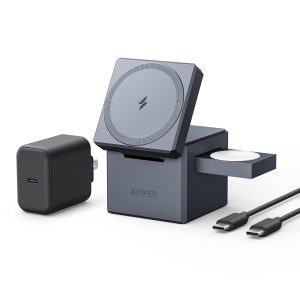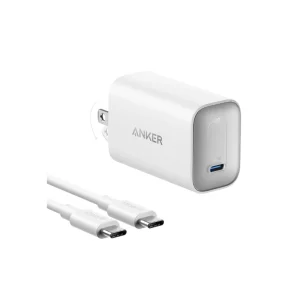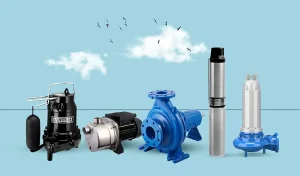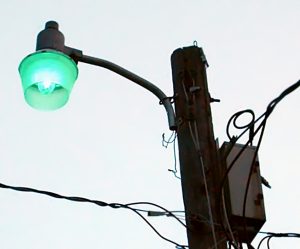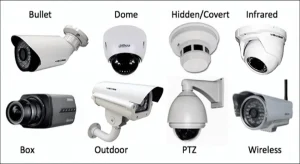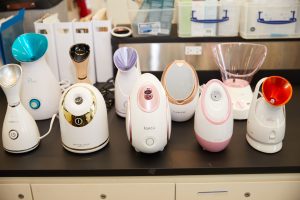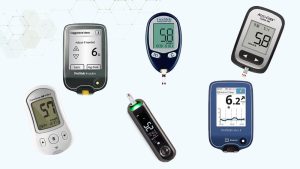What is a Water Heater? Definition, Working Principles, Applications, and Safe Usage
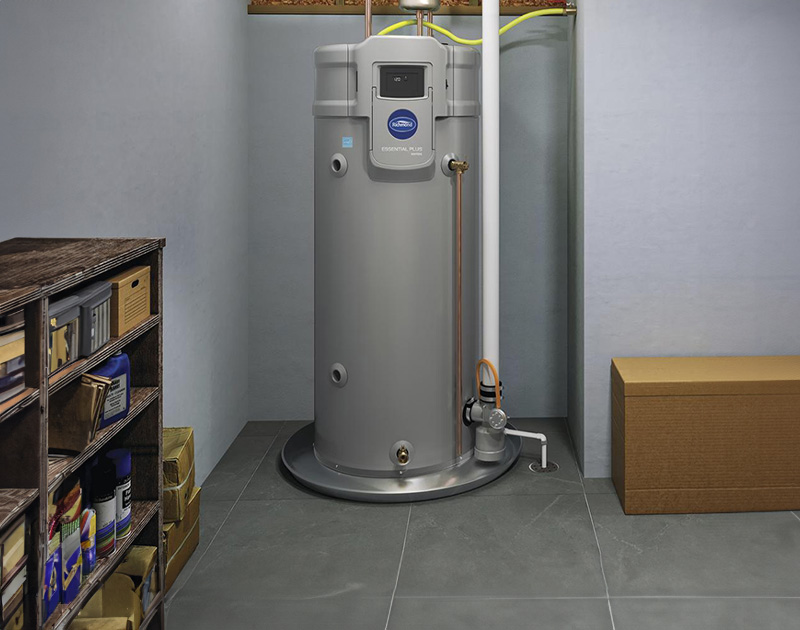
1. What is a Water Heater?
A water heater is a household or industrial device designed to heat water for various uses, including bathing, cleaning, cooking, and space heating. Water heaters come in different types, each with unique characteristics and functionalities.
Common Types of Water Heaters
- Storage Water Heaters: These heaters store a specific amount of hot water in an insulated tank and maintain its temperature until use.
- Tankless Water Heaters: Also known as on-demand water heaters, they heat water only when needed, reducing energy consumption.
- Solar Water Heaters: These utilize solar energy to heat water, making them an eco-friendly alternative.
- Heat Pump Water Heaters: These extract heat from the air or ground to warm the water efficiently.
- Gas Water Heaters: Powered by natural gas or propane, they provide a cost-effective solution for many households.
- Electric Water Heaters: These use electrical resistance heating elements to warm the water, suitable for areas without gas supply.
Main Uses of Water Heaters
- Residential purposes: Bathing, washing dishes, and laundry.
- Commercial settings: Restaurants, hotels, hospitals, and offices.
- Industrial applications: Factories and manufacturing plants requiring heated water for processes.
2. How Does a Water Heater Work?
Working Principle
The operation of a water heater depends on its type, but the basic principle involves heating water using an energy source and storing or delivering it as needed.
- Storage Water Heaters: Cold water enters the tank and is heated by gas burners or electric elements. A thermostat maintains the desired temperature.
- Tankless Water Heaters: Water flows through a heat exchanger, where gas burners or electric elements heat it instantly before it reaches the faucet.
- Solar Water Heaters: Solar panels collect sunlight and transfer the heat to water stored in an insulated tank.
- Heat Pump Water Heaters: They extract heat from the surrounding air or ground and use it to warm water efficiently.
Key Components of a Water Heater
- Heating Element or Burner: Converts energy into heat.
- Thermostat: Regulates temperature to avoid overheating.
- Storage Tank (if applicable): Holds heated water for later use.
- Pressure Relief Valve: Ensures safety by releasing pressure buildup.
- Pipes and Valves: Control the flow of water into and out of the heater.
3. Where Are Water Heaters Used?
Water heaters play a crucial role in daily life and various industries, providing hot water for multiple purposes:
- Households: Showers, dishwashing, and laundry.
- Hotels and Restaurants: Large-scale hot water supply for guest accommodations and food preparation.
- Hospitals: Ensuring sanitation and hygiene through heated water.
- Factories: Industrial processes requiring controlled temperature water.
- Spas and Gyms: Heating water for pools, jacuzzis, and showers.
4. How to Use a Water Heater Safely
Safe Usage Guidelines
To prevent accidents and ensure longevity, follow these safety tips when using a water heater:
- Set the Right Temperature: The recommended temperature is around 120°F (49°C) to prevent burns and save energy.
- Regular Maintenance: Periodically check for leaks, corrosion, or sediment buildup to maintain efficiency.
- Use Safety Valves: Ensure the pressure relief valve is functioning correctly to prevent excessive pressure buildup.
- Proper Ventilation: Gas water heaters should be installed in well-ventilated areas to avoid carbon monoxide accumulation.
- Turn Off When Not in Use: Switching off electric or gas-powered heaters when away for an extended period helps conserve energy and prevents hazards.
- Avoid Overloading Electrical Circuits: For electric water heaters, ensure the wiring and power supply can handle the heater’s load to prevent electrical fires.
Common Issues and Troubleshooting
- No Hot Water: Check the power supply, thermostat settings, or heating element functionality.
- Leaks: Inspect pipes, valves, or tank integrity for possible damage.
- Strange Noises: Sediment buildup in the tank may cause rumbling sounds, requiring flushing.
- Foul Smell: Bacteria growth in the tank can produce an odor; periodic cleaning can prevent this.
Conclusion
A water heater is an essential appliance for residential, commercial, and industrial use, providing hot water efficiently. Understanding its working principles, applications, and safety guidelines ensures optimal performance and longevity. Whether you choose an electric, gas, solar, or tankless model, proper maintenance and careful usage can maximize its benefits while ensuring safety.
By following the tips above, you can enjoy a reliable and efficient hot water supply while reducing energy consumption and enhancing safety at home or in the workplace.
